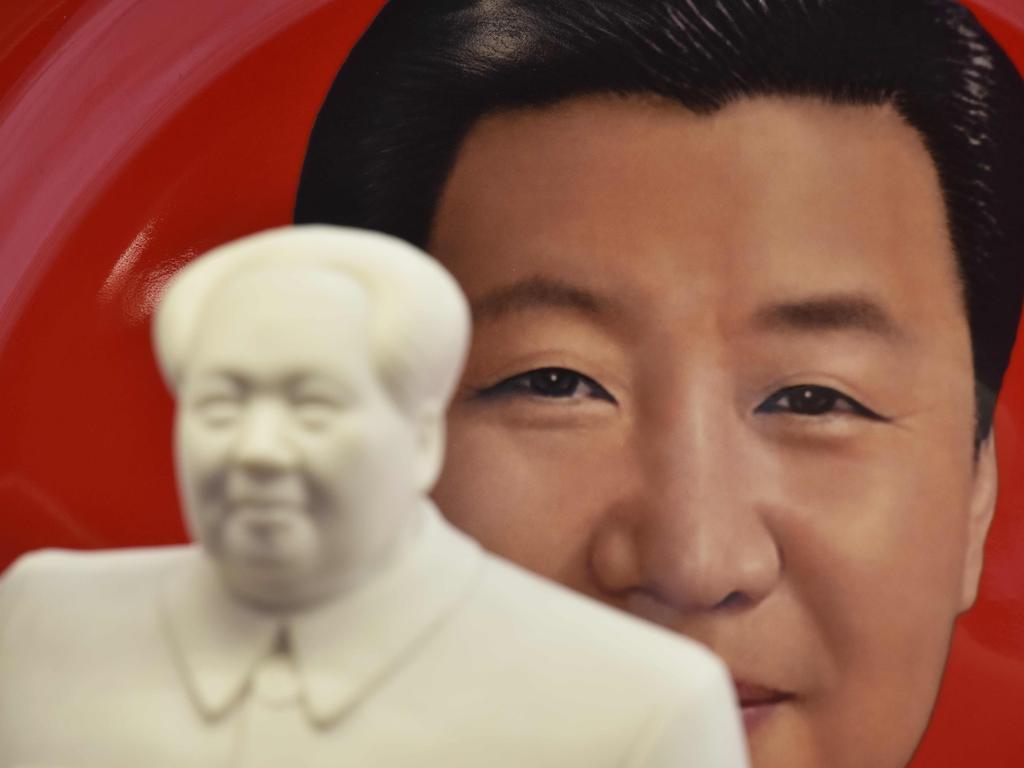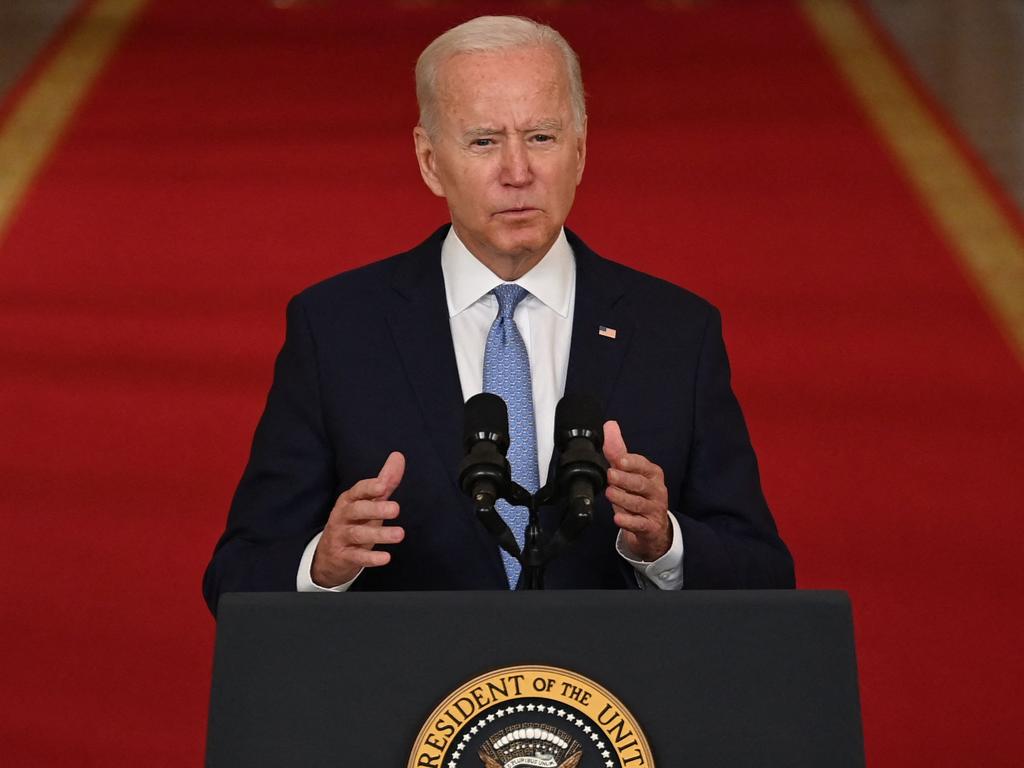China extends its reach with ‘rebuild’ offer to the Taliban
Beijing has tried to strike a deal with the Taliban in exchange for help in ‘managing’ China’s Uighur population.
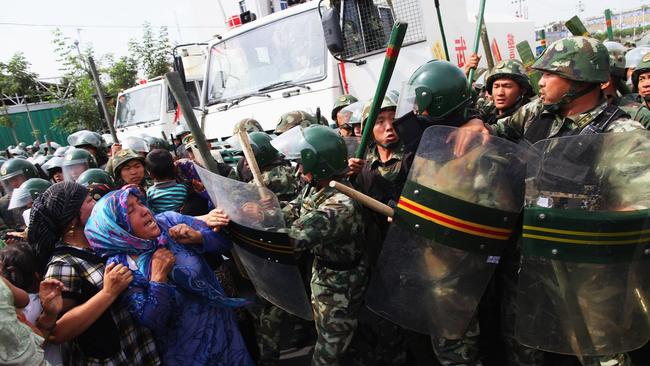
China has offered to help the Taliban rebuild Afghanistan in exchange for their co-operation in eliminating terrorist groups it says are stoking unrest among its Muslim Uighur population.
Mullah Abdul Ghani Baradar, the Taliban’s deputy prime minister and the man who led negotiations with the United States to end the 20-year war, met Wang Yi, China’s foreign minister, for talks in Qatar this week. He attempted to assure him that the security situation in Afghanistan was “under control” despite increasing attacks from the Islamic State affiliate Isis-K.
In response, Wang pledged that China would help to “rebuild the country”, and called for President Biden to lift sanctions against Afghanistan. After the Taliban seized power more than $9 billion in Afghan central bank reserves held in the US was frozen.
Wang told Baradar that Afghanistan was “facing a historic opportunity to achieve reconciliation and advance national reconstruction”. But he added that the Taliban had to combat “terrorist threats” and crack down on the East Turkestan Islamic Movement (Etim), which threatens “China’s national security”.
Beijing has long said that the group, associated with a small number of Uighur Muslims who travelled to Afghanistan in 1998, is behind the supposed terrorist threat used as justification for a brutal crackdown in northwestern Xinjiang province.
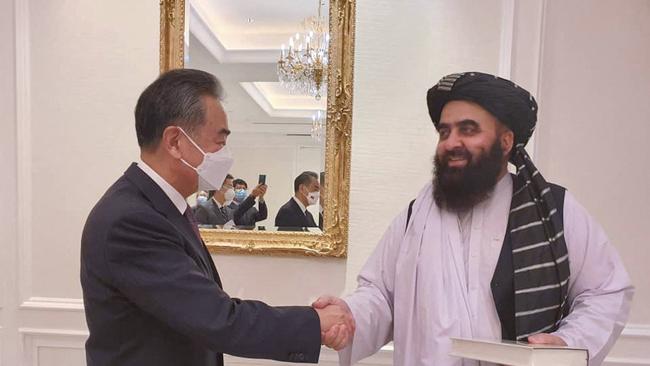
It is unclear whether the organisation still exists in any operational form, despite Beijing’s push to cast it as the force behind unrest in its Muslim-majority province. The group was founded by Hasan Mahsum, a Uighur from the Kashgar region listed as China’s most-wanted terrorist before being shot dead by Pakistani troops in 2003.
The US has branded China’s actions in Xinjiang genocide, a judgment supported by several western nations, including Britain. More than a million mostly ethnic Uighur Muslims in Xinjiang have been detained and subjected to forced sterilisation, “re-education” and torture, or forced to perform slave labour, according to international observers. Human rights organisations have accused Muslim countries of orchestrated silence against the abuses in deference to China.
Wang told Baradar that the international community should work with the Taliban “in a rational and pragmatic manner”, China’s foreign ministry said. Etim, Wang said, “not only poses a real threat to China’s national security and territorial integrity, but also jeopardises the domestic stability and long-term stability of Afghanistan”. He told Baradar that he “hopes and believes that the Afghan Taliban will make a clean break with Etim and other terrorist organisations, and take effective measures to crack down on them”.
Raffaello Pantucci, senior associate fellow at the Royal United Services Institute in London, told Bloomberg: “Beijing is mostly focused on ensuring that there is a functional government in Kabul. They worry that the economic crisis, humanitarian crisis and potentially escalating security crisis could tip into a mess they are going to be stuck with.”
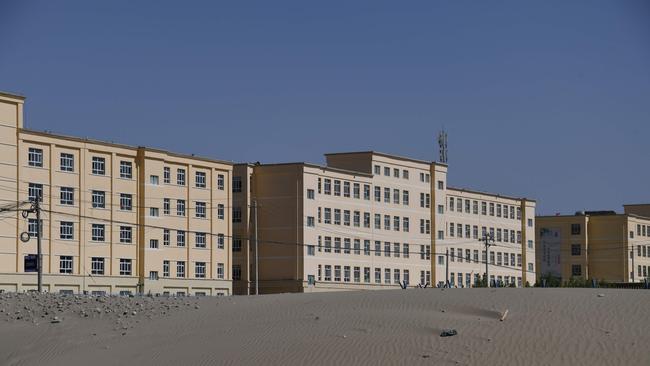
Baradar was said to have assured Wang that the Taliban would “firmly fulfil its promise” and would “never allow anyone, any force to do things that harm China from Afghanistan soil”.
Baradar, who co-founded the Taliban in the 1990s with the late Mullah Muhammad Omar, heads the group’s diplomatic office in Qatar.
The meeting was the clearest indication yet of the expanded role in Afghanistan that China wants to play following the withdrawal of Nato troops. China shares a 47-mile land border with Afghanistan at the tip of the Wakhan corridor, a finger of land extending from the Afghan northeast.
The shift in power in Afghanistan presents an opportunity for President Xi to secure influence in a region that sits at a hub of trade roads and empires. In recent years it has emerged as a rich source of minerals that power the modern world.
China has vast investment interests in Pakistan and Afghanistan as part of its global infrastructure project known as the Belt and Road initiative.
Afghanistan has deposits of copper, gas, gold, lithium, oil and uranium thought to be worth $1 trillion. Chinese state-owned enterprises and private businesses alike have already sunk significant amounts into the country.
Q&A
What interests does China have in Afghanistan?
Beijing has been more concerned with managing threats from Afghanistan than exploiting the opportunities it could present. For years Afghanistan was a play thing of the Cold War, occupied by the Soviet Union for nine years in the 1980s, then deserted. China was a long-time ally of Pakistan, which backed the Taliban in the hope that they could create a client state not indebted to India, its great rival.
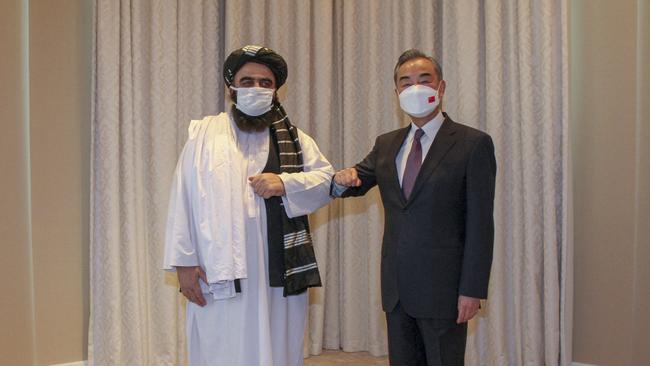
What has changed?
After the dramatic US withdrawal from Afghanistan and its takeover by the Taliban, the US has frozen billions of dollars of Afghan state funds held in its banks. It is not willing to channel aid through a government held by the Taliban, which is recognised internationally as a terrorist group.
What could China want now?
Beijing claims it is trying to manage the terrorist threat from Uighur groups in its Xinjiang province. This is mostly spurious, although Beijing’s paranoia about Islamic extremism on its border is real. It is also alive to the narrative of Afghanistan as a “graveyard of empires”.
What’s in it for China?
Afghanistan is desperate. It needs foreign assistance and since the Taliban takeover that has not been forthcoming. For China, the potential gains are enormous. Afghanistan is one of the last untapped repositories of minerals, not just metals such as copper but minerals including lithium, the elements that power the modern world. The size of Afghanistan’s deposits is huge. Access to them would mean that mining in Africa, which is problematic, could be put on hold.

